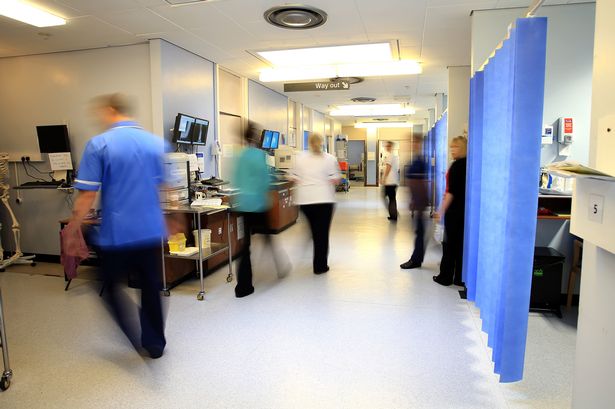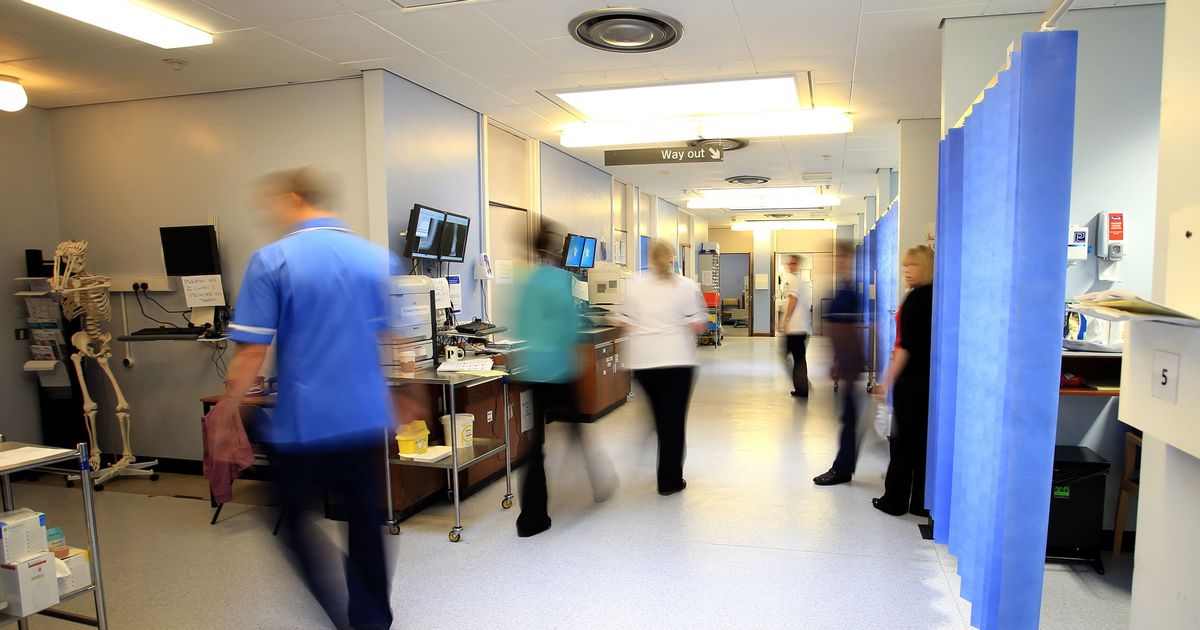The health agency has released a new report The UK Health Security Agency (UKHSA) has shared details about a “previously rarely detected” fungus(Image: Peter Byrne/PA Wire)
The UK Health Security Agency (UKHSA) has shared details about a “previously rarely detected” fungus(Image: Peter Byrne/PA Wire)
The UK Health Security Agency (UKHSA) has shared details about a “previously rarely detected” fungus. According to a new UKHSA report, Candidozyma, also known as Candida auris is “rapidly emerging” infection across England.
The fungus can cause ‘silent colonisations’ without obvious symptoms or lead to severe infections. The organism is particularly concerning due to how it spreads in hospitals. It can cause severe multidrug-resistant illness.
Candida auris is a yeast species, first isolated from the external ear canal of a patient in Japan in 2009. Since then C. auris has been associated with a wide range of clinical infections, including bloodstream, wound and ear infections, in many countries globally.
It has caused prolonged outbreaks in India, Pakistan, Venezuela, Colombia, Spain, Israel, South Africa and USA. According to the government website, “in UK laboratories, Candida species isolated from superficial sites are not routinely identified to species level or tested for antifungal susceptibility. Even if species identification is undertaken, isolates can be misidentified by some commercial kits.”
The advice from Public Health England adds: “Therefore any presumptive isolates of C. auris should be subjected to further testing at Public Health England’s network of public health laboratories or the national PHE Mycology Reference Laboratory.”
According to the NHS, some people who carry the fungus are unaware because they have no symptoms. The fungus was classed as a “critical priority” pathogen by the World Health Organization (WHO) in 2022. As a result of equipment like catheters and breathing and feeding tubes, it can spready quickly and can cause severe infection, often in those with pre-existing health conditions.
UKHSA data reveals. Since 2020, cases have increased year on year, with 26 reported in 2021, 38 in 2022, 93 in 2023 and 178 in 2024. The UKHSA said in a report: “The [UKHSA] is working with NHS England and other partners to respond to increasing detections of C. auris in hospitals.
C. auris, previously rarely detected in England, has been emerging over the last decade, particularly following the lifting of travel restrictions imposed during the COVID-19 pandemic period.”
The UKHSA has warned: “There is likely to be significant under-detection of cases due to incomplete reporting, coupled with a lack of routine screening and non-identification of Candida to species level in many settings. Most detections of C. auris represent colonisation rather than infection (though colonisations can lead to subsequent infections).
“C. auris can cause a wide variety of infections in adult, paediatric and neonatal populations; these range from superficial (mild) skin infections, to severe infections in normally sterile sites such as blood, bone, internal organs, and cerebrospinal fluid.”
The centers for Disease Control and Prevention also warns that “C. auris is an emerging fungus that can cause severe, often multidrug-resistant, infections. It spreads easily among patients in healthcare facilities.”
Sharing what will happen if you have a C. auris infection, Public Health England says:
“Potential symptoms include pus at a wound, or increases in temperature and feeling generally unwell if a drip line or urinary catheter is infected.
“Inpatients diagnosed with a C. auris infection will usually be cared for in a single room to help prevent any spread of C. auris. Patients with a C. auris infection will usually be treated with antifungal medicines.”
